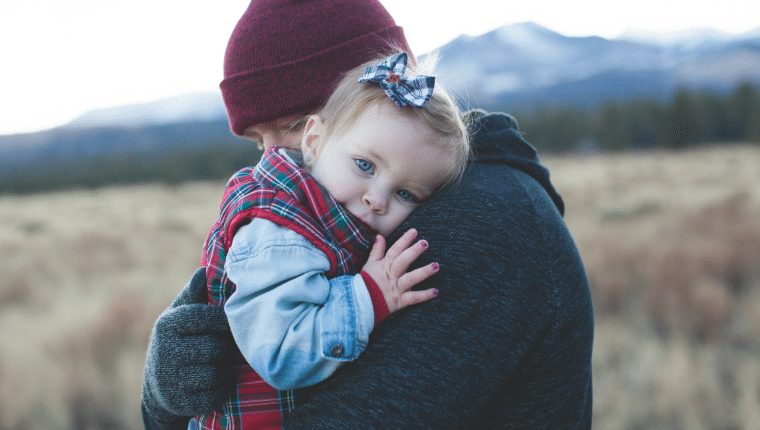How many times have you heard the phrase “Respect your elders”? How can we expect children to respect their elders when they themselves are not respected?
I believe that peaceful and pleasurable experiences are the key to respectful caregiving. We need to think about the way we engage with infants, toddlers and young children so that we demonstrate our respect every time we interact with them. Our goal is to help a child feel safe, secure, competent and appreciated. So that they know they are a unique human being, not an object.
To do this we must start with observation, watching and listening to ensure we are gathering all available information without missing important communication cues, signals or making misinterpreted assumptions. The more we observe children, the more we appreciate the speed at which they are learning in their first three years and once we realise this we teach less and provide an environment for learning more.
This learning environment needs to be safe and predictable but also challenging and allow children the freedom to explore in their own way and in their own time. Far too often we hurry through our day and hurry through caregiving and our time with children. Time is so important, allowing a child uninterrupted time and freedom to play shows us how much they are actually learning and doing. From this we can learn to trust the child’s competence. To not rush in and try to ‘help’, but to allow the child time to figure out and master something for themselves. “If we give children enough space and possibilities for free movement, they will move as beautifully and gracefully as animals: nimbly, simply, confidently and naturally” – Dr Emmi Pikler
During care routines such as feeding, dressing and nappy changing the child must be invited to be a part of this so that the routine is taking place with their permission and they are involved in the activity. Parents and caregivers need to be wholeheartedly involved in these wonderfully intimate moments so as the adult-child relationship is enriched and further strengthened. I believe for an infant, toddler or young child to be respected they need tender, intimate moments with someone who is fully there for them, every day.
In the Early Childhood care and education setting this respectful practice is fostered by Primary Caregiving. By having one teacher follow the care of a child from nappy changing, to feeding, to sleep time, ensures continuity for that child and builds a trusting, reciprocal relationship between the adult and child. With the development of these close, respectful relationships children then feel safe, secure and valued in the environment and so confident to explore, learn and develop new skills. These relationships are not only between teacher and child but also between teacher and family. All too often the family is seen as secondary as the child is the focus. However, to welcome, settle and build a relationship with a child, the family must also develop a relationship with the primary caregiver and feel secure and confident that the needs of their child are being met.
As primary caregiving involves unhurried, intimate moments of care for children which build a teacher’s knowledge and understanding of a child as well as their relationship with them, it is imperative that it is a team approach. Primary caregiving will work best in a strong team who constantly communicate with one another about what they are doing and when they need support so as to spend some extra time with a particular child that may need it. There is a need to constantly be on the lookout for how to support members of the team so that each intimate moment is unhurried and uninterrupted.
Interested in learning more about this topic? Check out our course – Respectful Relationships and Primary Caregiving – via the Online Learning Hub.



